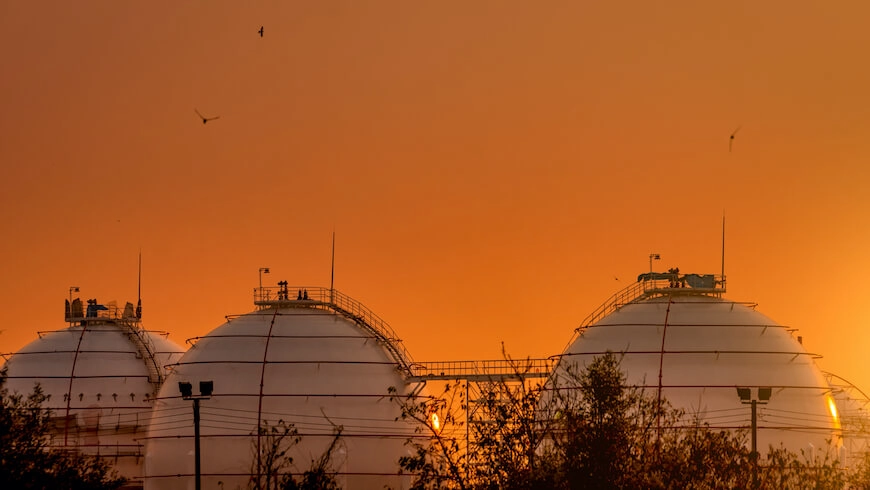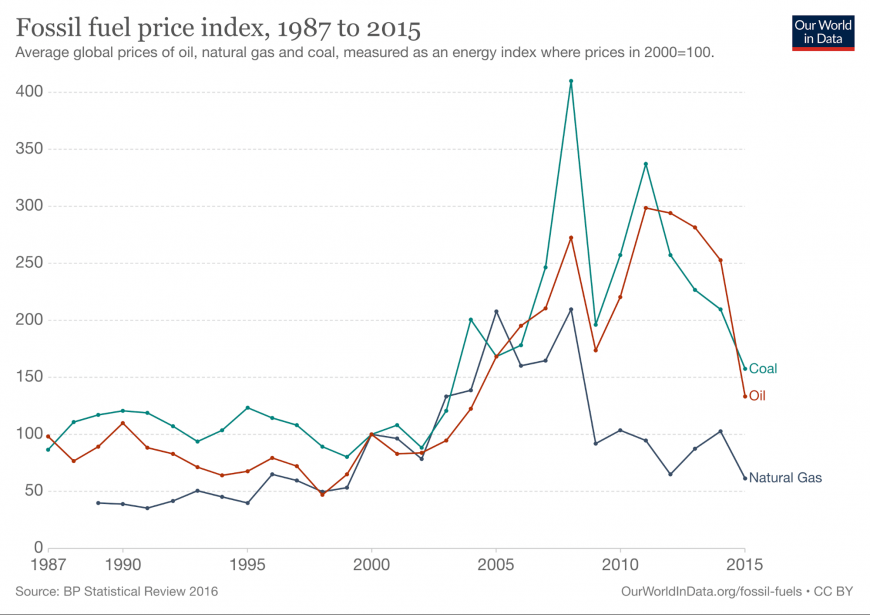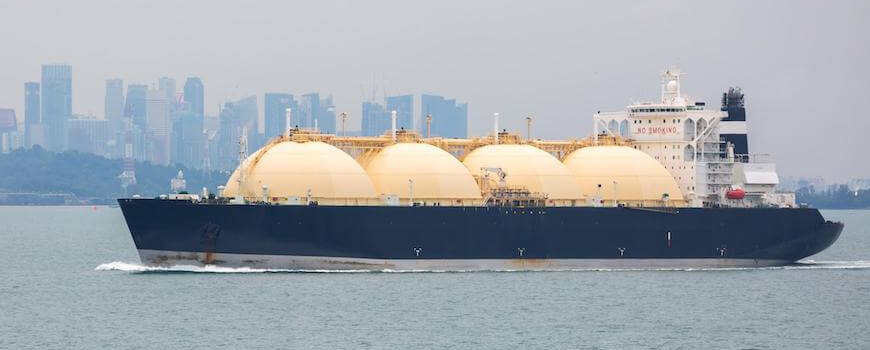
Natural gas is a non-renewable, odorless, colorless hydrocarbon. It is non-toxic but extremely flammable.
In 2017, natural gas accounted for 36% of the EU energy consumption, next to electricity, which accounted for 24%, renewables for 18%, and petroleum for 11% – according to Eurostat. In the U.S., it accounts for more than 25% of energy consumption. It is used as a source of energy for:
- Heating
- Electricity
- Fuel for vehicles
These are facts. But is it okay that we rely on natural gas so much? In this article, we will find out.
What are the biggest advantages and disadvantages of natural gas, what are the pros and cons of fossil fuels, and what else should we know about natural gas?
Advantages and disadvantages of natural gas
If we want to examine the pros and cons of natural gas objectively, we should first clarify what “advantages” and “disadvantages” mean.
What is an advantage to one is a disadvantage to another. For example, natural gas is an extremely flammable gas. It is its most significant advantage because, without it, we could extract much less energy from it.
But extreme inflammation is a potential danger because if a gas leak occurs, and it reaches a certain concentration, there will be a risk of explosion.
Sadly, there is no heating season without tragedies linked to natural gas. So, its advantages and disadvantages depend largely on the way it is used.
Benefits of natural gas
What are the advantages of natural gas?
First of all, natural gas is a fossil fuel. That is why it is worth comparing it to other fossil fuels first.
Natural gas is less expensive than other fossil fuels.
If somebody asks what the 3 main advantages of natural gas are, the price will definitely be among them.

According to Ourworldindata.org, natural gas is much less expensive than other fossil fuels, such as oil or coal.
Natural gas is the most environmentally friendly fossil fuel because it burns cleaner
Other fossil fuels have many more harmful combustion products than natural gas.
If we burn natural gas under perfect combustion circumstances, its light will be blue and there will be minimal to none harmful compounds.

Natural gas is one of the best energy sources to store and transport. It can be transported via international pipelines, or with tankers (in LNG form). It is safer and easier to store than other fossil fuels
It is clear that natural gas is one of the best non-renewable sources of energy. But what about renewable energy?
Natural gas is extremely reliable
Electric power is great until a storm comes. It can be knocked out during the storm, and our electrical devices may malfunction after it.
A similar problem cannot occur with natural gas.
More efficient storage and transportation compared to renewable energy
Transportation over long distances is much more efficient than in the case of sustainable energy (less network loss).
It is one of the biggest disadvantages of renewable energy – we cannot store it effectively.
Natural gas disadvantages
What are the disadvantages of natural gas?
It is dangerous in case of irresponsible use
Natural gas must be handled very carefully because it is a combustible material which can explode, as mentioned in the introduction.
It is not worth saving on installation and inspection costs. A gas leak meter is a very important accessory if we want to be sure that natural gas works properly.
It pollutes the environment
Yes, natural gas does contribute to greenhouse gases, if it is burnt under inappropriate conditions – and it is inevitable.
It is more environmentally friendly than other fossil fuels because it burns cleaner, but natural gas still pollutes the environment.
Non-renewable energy source

It comes from decomposed plants and animals buried deep under the Earth’s surface – for millions of years. That is why we call it non-renewable. If it’s gone, we cannot produce more.
If we do not reduce consumption, we will run out of natural gas in 52 years — according to Worldometers.
Natural gas has a long processing process
Before commercial and residential use, there is a long and costly process.
First, it is mixed with a liquid called crude oil. Then most by-products are extracted from it, such as:
- Propane
- Ethane
- Butane
The extracted by-products can be used elsewhere – and natural gas is almost in its final form, which can be used in everyday life.
However, this is preceded by another important last step, as natural gas is a colorless and odorless hydrocarbon and, although non-toxic, extremely flammable. To avoid accidents, it will be scented to make gas leaks easily recognizable.
After that, a new composition of natural gas is formed – this is how it reaches end-users. This process raises the complexity and the cost of natural gas production.
Relatively expensive storage
Even though natural gas is easier to store and transport than other fossil fuels and renewables, it has one big storage disadvantage. Its volume happens to be four times as big as petrol’s.
Because of this, natural gas storage is much more expensive since more storage space is needed.
Conclusion — pros and cons of natural gas
Natural gas is the most important energy source in the world right now. It accounts for 36% of the EU energy consumption and for more than 25% of the U.S. energy consumption.
There are a lot of advantages of using natural gas, but like everything, it also has its drawbacks. What is an advantage to one is a disadvantage to another.
If we want a cheap, reliable energy source, natural gas will be perfect. But in the long term, if we want to use a green energy source that will never run out, there are better alternatives than natural gas.
